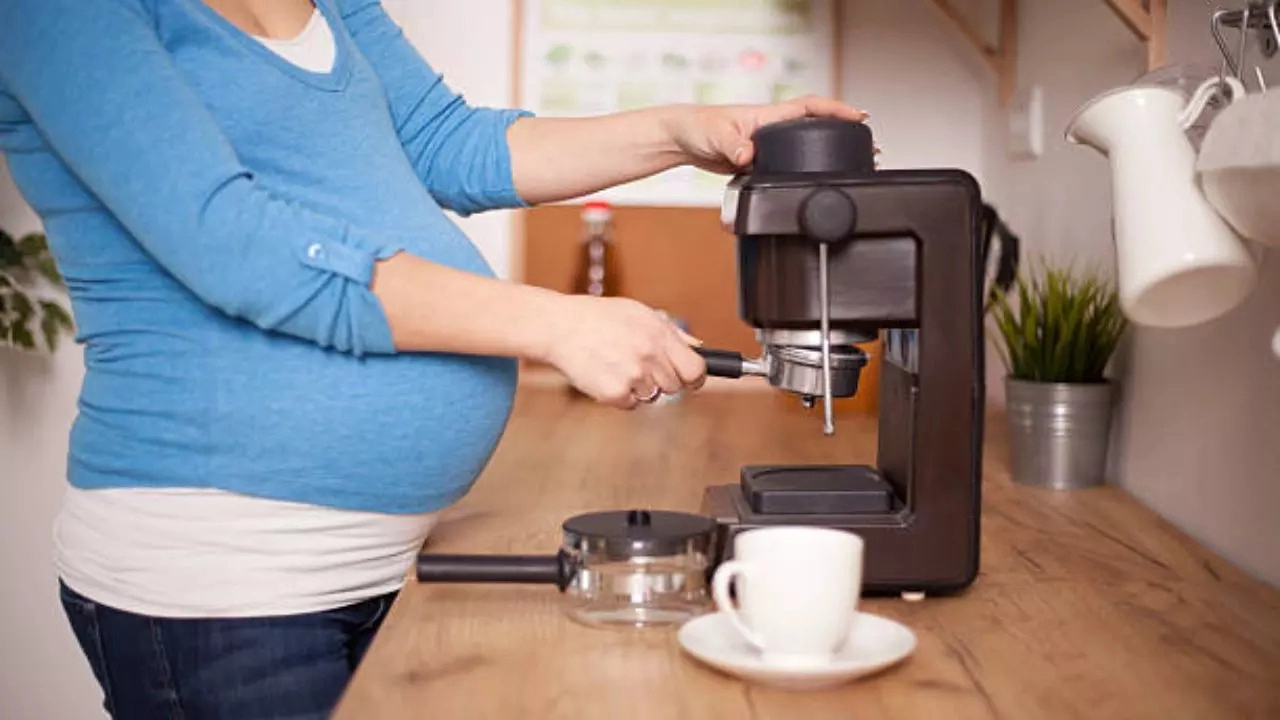
Could Your Morning Coffee During Pregnancy Protect Against Cerebral Palsy? (Image Credits: iStock)
New research from the University of California, San Francisco's Benioff Children’s Hospital suggests that caffeine may play a crucial role in preventing cerebral palsy in newborns, particularly in cases linked to birth asphyxia. This disabling condition often arises when there is a reduction in oxygen supply during or shortly after childbirth, leading to serious neurodevelopmental disorders.
The study, led by neonatologist Dr Emin Maltepe and pediatric intensivist Dr Jana Mike, was published in the journal Stroke on October 21. Their investigation involved administering caffeine to pregnant sheep, with promising results that could have significant implications for both maternal and neonatal health.
Dr Maltepe explained how caffeine might mitigate the effects of asphyxia. “Caffeine has previously proven to be safe in stimulating the respiratory centres of preterm babies and helping them remember to breathe,” he noted. Its ability to cross the blood-brain barrier and its properties as a potent antioxidant and anti-inflammatory molecule could make it a valuable therapeutic agent in this context.
In the study, 30 pregnant sheep received either a single intravenous dose of caffeine, equivalent to about 10 cups of coffee, or a placebo. After inducing asphyxia in their newborn lambs, some received a substantial caffeine dose followed by lower doses over the next two days, while others were given a placebo.
The results were notable: lambs treated with caffeine exhibited significantly lower levels of systemic inflammation, indicated by reduced cytokines, compared to their untreated counterparts. Furthermore, these lambs showed less evidence of injury in both grey and white matter of the brain and were more active, demonstrating increased eating and movement behaviours.
Importantly, the researchers reported that the caffeine treatment appeared to have no harmful effects on the mothers, suggesting its potential safety for use in similar scenarios in humans. Dr Maltepe expressed optimism about the implications of these findings: “We’re excited about the potential this brings for preventing long-term disability in babies with birth asphyxia, particularly in less-resourced countries where the current treatment is less effective and the need for prenatal treatment is greatest.”
Currently, around 95% of cerebral palsy cases occur in low- to middle-income countries, where access to effective medical interventions is limited. The only available therapy for newborns who have experienced low oxygen levels involves cooling the body for 72 hours before gradually warming it back up—a method that has shown only modest effectiveness, even in high-quality healthcare settings.
The researchers showed that brain hypoxia may occur earlier in gestation due to insufficient placental nourishment, which adds to the urgency of finding more effective preventive measures. Funded by the Bill and Melinda Gates Foundation, the research team conducted a thorough review of over 1,000 potential drugs to identify effective therapies for asphyxia-related injuries. Surprisingly, caffeine emerged as the most effective candidate, surpassing the current standard of care.
While animal studies often do not translate directly to human applications, the San Francisco team remains hopeful and is already planning clinical trials involving women and newborns around the world. Dr Maltepe concluded, “The excitement surrounding this research is driven by the potential to prevent long-term disability in infants who suffer from birth asphyxia, particularly in regions where treatment options are limited.”
Get Latest News Live on Times Now along with Breaking News and Top Headlines from Health and around the world.
